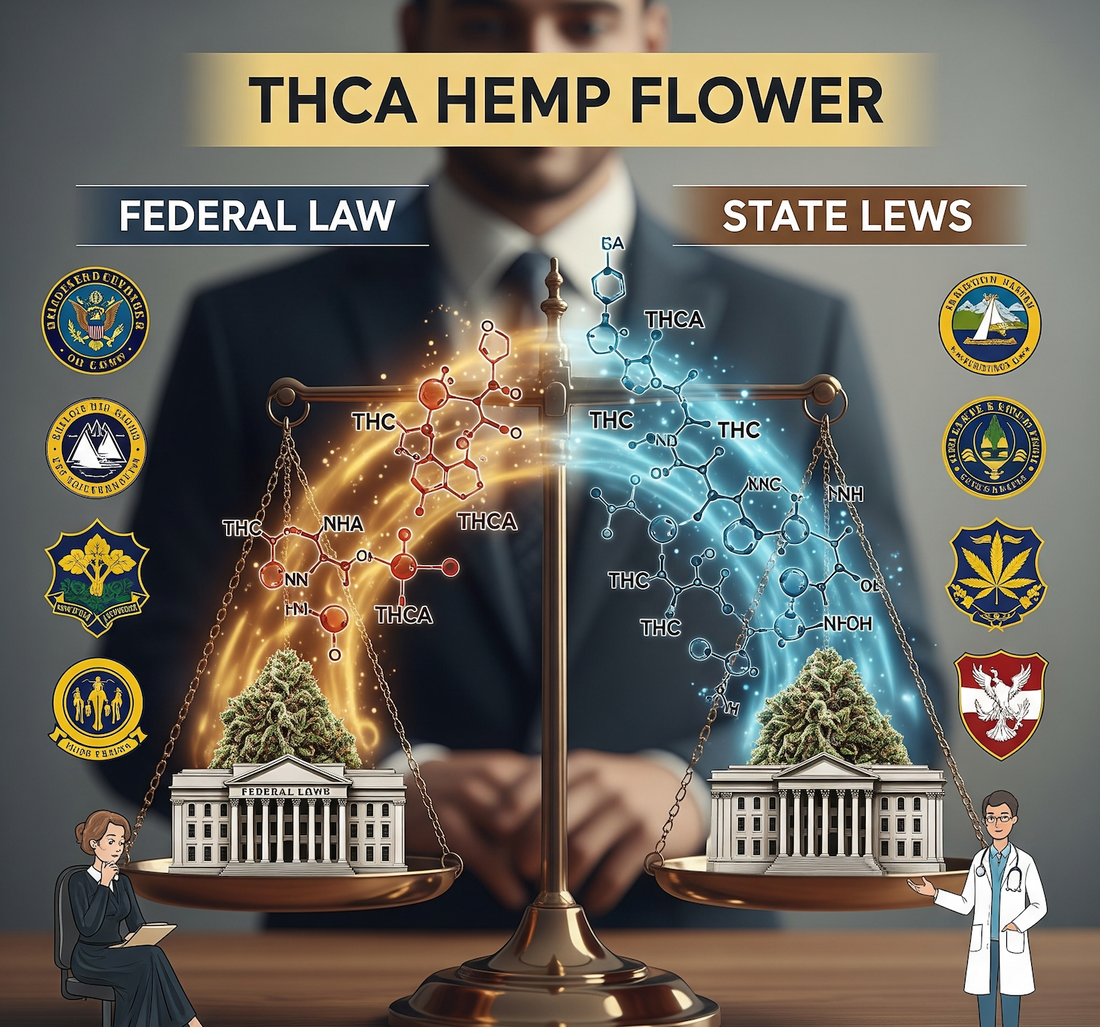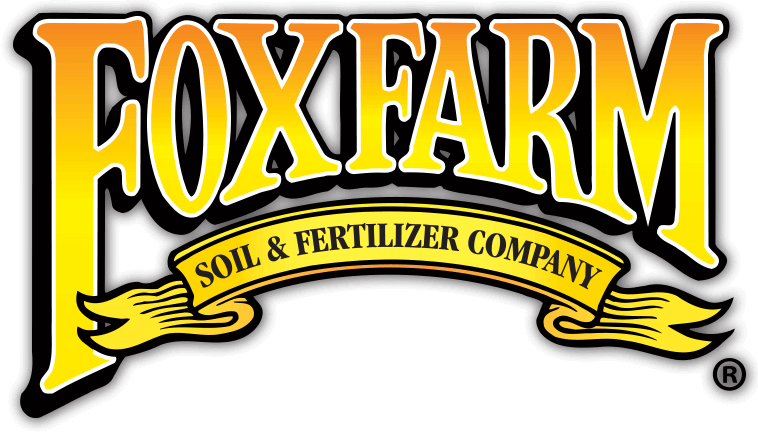
The Shifting Sands of Legality: Understanding THCA Hemp Flower
Share
The Shifting Sands of Legality: Understanding THCA Hemp Flower
The world of cannabis and hemp is constantly evolving, and few areas are as dynamic – and sometimes confusing – as the legality of THCA hemp flower. While many consumers are drawn to it for its similarity to traditional marijuana when heated, its legal status is a nuanced tapestry woven from federal law, state regulations, and ongoing legal interpretations.
Let's break down the current landscape of THCA hemp flower legality.
The 2018 Farm Bill: The Genesis of the "Loophole"
The story of THCA hemp flower's legality begins with the 2018 Farm Bill. This landmark federal legislation fundamentally redefined hemp, distinguishing it from marijuana. Under the Farm Bill, hemp is defined as cannabis Sativa L. plants, and any part of that plant, with a delta-9 tetrahydrocannabinol (THC) concentration of not more than 0.3% on a dry weight basis.
Here's the critical point: the Farm Bill specifically focuses on delta-9 THC, the psychoactive compound that gets you "high." It does not specifically regulate THCA (tetrahydrocannabinolic acid) in its raw, unheated form. As we discussed previously, THCA is the non-intoxicating precursor to delta-9 THC. It only converts to delta-9 THC when exposed to heat through a process called decarboxylation.
Because THCA flower, when properly cultivated and tested, contains less than 0.3% active delta-9 THC, it falls under the federal definition of hemp. This "loophole," some argue, was an unintended consequence of the Farm Bill, allowing products that can produce intoxicating effects when consumed (after heating) to be sold legally under federal hemp guidelines.
State-by-State Patchwork: Where Legality Gets Tricky
While THCA flower might be federally compliant as hemp, the reality on the ground is far more complex. States have the authority to implement their own laws regarding hemp and its derivatives, and this has led to a highly inconsistent legal landscape across the United States.
-
"Delta-9 Standard" States: Many states adhere closely to the federal 0.3% delta-9 THC limit. In these states, as long as the THCA flower meets this threshold in its raw form, it is generally considered legal.
-
"Total THC" States: A growing number of states have adopted a "total THC" standard. This means they factor in the potential conversion of THCA to delta-9 THC when determining a product's legality. If a product's total THC (delta-9 THC + decarboxylated THCA) exceeds the 0.3% limit, it is considered illegal, even if its raw delta-9 THC content is compliant. This effectively bans high-THCA hemp flower in these states.
-
States with Restrictions or Bans: Some states have outright banned hemp flower or specific hemp-derived cannabinoids, regardless of THC content.
-
Ambiguous or Evolving Laws: In other states, the laws are unclear, subject to differing interpretations by local authorities, or in a constant state of legislative flux. This can create significant uncertainty for both businesses and consumers.
This "patchwork" of laws means that what's legal in one state might be illegal just across the border. It's crucial for consumers and businesses alike to stay informed about the specific regulations in their jurisdiction.
The DEA's Stance and Court Rulings
The Drug Enforcement Administration (DEA) has, at times, expressed opinions that suggest a "total THC" approach to hemp, arguing that THCA should be included in the 0.3% limit. However, their opinions are not law, and federal court rulings have generally affirmed that the 2018 Farm Bill's definition of hemp hinges on the delta-9 THC content, not total THC.
A notable example is the Fourth Circuit Court of Appeals ruling, which reaffirmed that the Farm Bill only considers delta-9 THC levels, strengthening the argument for THCA flower's federal legality.
The Future of THCA Legality
The future of THCA hemp flower's legality is uncertain and will likely continue to evolve. Here's what to watch for:
-
The Next Farm Bill: Congress is overdue for a new Farm Bill, and there's significant debate about how hemp will be redefined. Many lawmakers are aware of the "loophole" and may push for a "total THC" standard or other restrictions on intoxicating hemp-derived products. This could drastically impact the legality of THCA flower at the federal level.
-
Increased State-Level Action: Regardless of federal action, more states are likely to introduce their own legislation to clarify or restrict THCA products.
-
Enforcement Actions: Despite federal compliance, some law enforcement agencies at the state and local levels may still seize THCA flower, particularly if they misunderstand the nuances of the law or use testing methods that decarboxylate the THCA, leading to "hot" results.
Navigating the Landscape
For consumers and businesses engaging with THCA hemp flower, here are key takeaways:
-
Know Your Local Laws: This cannot be stressed enough. Always verify the legality of THCA flower in your specific state and even local municipality before purchasing or consuming.
-
Prioritize Lab Testing: Only purchase THCA flower from reputable vendors who provide third-party lab reports (Certificates of Analysis or COAs). These reports should clearly show the delta-9 THC content to ensure federal compliance.
-
Understand Drug Testing: If you are subject to drug testing, be aware that consuming heated THCA flower will result in a positive test for THC.
The current legal status of THCA hemp flower is a testament to the complex interplay of science, law, and market demand. While it offers a unique pathway to accessing cannabis effects in many areas, staying informed and exercising caution are paramount in this ever-changing regulatory environment.


